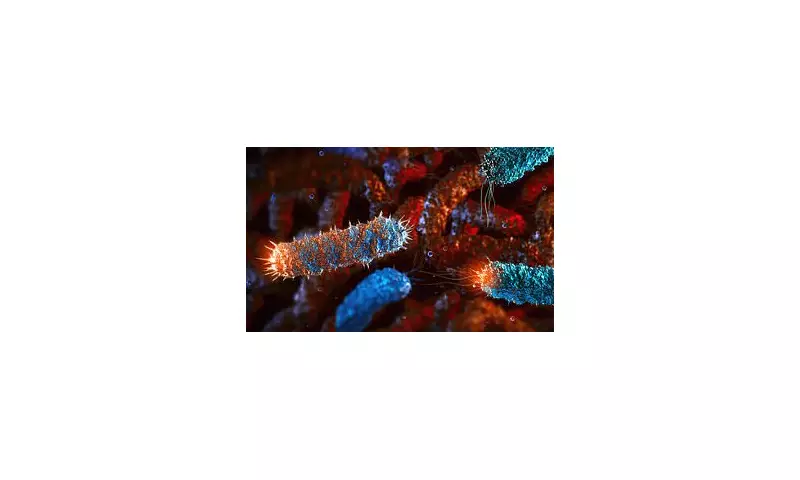
In a landmark achievement that blurs the line between biology and technology, a team of British scientists has engineered a completely novel form of life, unlike anything that has ever existed naturally on Earth.
The researchers, from the MRC Laboratory of Molecular Biology in Cambridge, have created a synthetic organism, a variant of the common E. coli bacteria, which operates using an expanded genetic code. While all natural lifeforms are built on a genetic alphabet of just four letters – the bases A, T, C, and G – this pioneering creation boasts a remarkable six.
Rewriting the Fundamental Rules of Biology
The core of this breakthrough lies in the introduction of two entirely synthetic building blocks, dubbed X and Y. These form an unnatural third base pair, which sits alongside the two natural pairs (A-T and C-G) that form the rungs of DNA's double-helix ladder.
This addition of a sixth genetic letter is a monumental feat. It required the scientists to not only create the new X and Y chemicals but also to redesign the entire biological machinery of the cell. They engineered special transport proteins to bring the artificial building blocks into the cell and developed a customised version of the enzyme that reads and copies DNA, allowing it to recognise and process the new code.
A Living Factory for Next-Generation Medicines
This is more than just a theoretical exercise. This semi-synthetic bacterium acts as a living bioreactor, capable of manufacturing revolutionary new molecules. Because its genetic code is larger and alien to nature, it can be programmed to produce proteins and enzymes with functions and structures that are impossible for natural organisms to create.
The potential applications are vast and transformative:
- Novel Therapeutics: Designing incredibly targeted and effective new drugs, including a new class of powerful antibiotics.
- Advanced Vaccines: Developing more stable and potent vaccines.
- Gene Therapy: Creating sophisticated new tools for correcting genetic diseases with unprecedented precision.
The Future is Synthetic
This research, published in the prestigious journal Nature Communications, represents a new frontier in synthetic biology. It proves that the genetic code is not a fixed and universal set of rules but a system that can be edited, expanded, and optimised for human benefit.
While the work is currently contained to high-security laboratories, it opens a door to a future where bespoke organisms can be designed to tackle some of humanity's greatest challenges, from curing incurable diseases to cleaning up environmental pollution, firmly establishing the UK as a global leader in this cutting-edge field.





